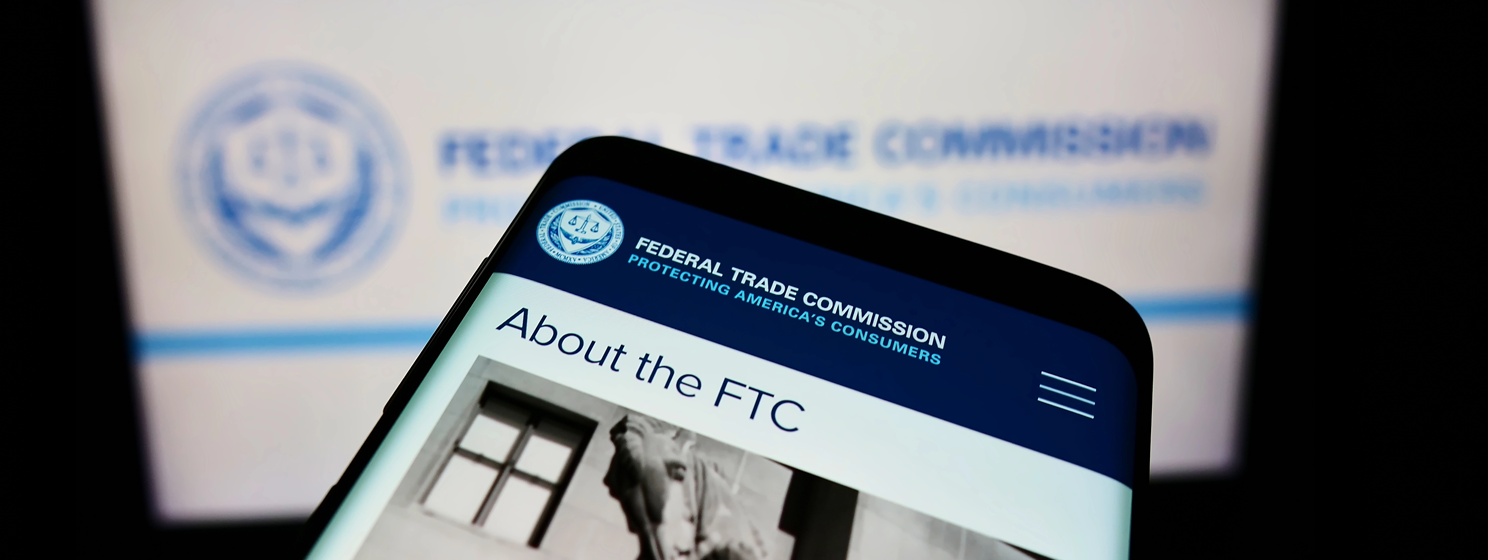|
Getting your Trinity Audio player ready...
|
Microsoft (NASDAQ: MSFT) intends to train 1 million South Africans on artificial intelligence (AI), cybersecurity, and other emerging technologies by 2026.
The American tech giant’s AI upskilling initiative will impart trainees with the basic tools to leverage the technology, stated Lillian Barnard, the president of Microsoft Africa.
“Harnessing the transformative power of AI is no longer a futuristic vision, but a tangible reality for organisations seeking to achieve exponential growth and optimisation,” she stated.
AI has become the world’s most-in-demand emerging technology, with experts predicting the market will record an 18% annual growth rate to hit $830 billion by 2030, from $390 billion in 2024. PwC projects that AI can increase revenue by over $15 trillion by the decade’s end, with 83% of companies citing AI integration as a top priority.
However, Africa lags behind other regions in AI adoption, and a lack of required skills is one of the hurdles it faces. A study by the World Economic Forum (WEF) found that 60% of African firms cited a skills gap as the key barrier to adopting emerging technology. Microsoft intends to play its part in bridging this gap, pledging to train 30 million young people across Africa on the latest technology.
“The launch of this AI skilling initiative for South Africa is not just about individual advancement, but more importantly about uplifting entire communities. We believe that by democratising access to AI education, we are creating a more equitable digital future for all,” Barnard commented.
The software giant will partner with local academic institutions, governmental and non-governmental institutions, ICT training firms, and other private sector organizations to amplify its reach.
“By 2030, the continent could become a more significant player in the global economy, drawing on AI to revolutionise industries and boost productivity. Together, by delivering on the promise of AI, we can chart a course for Africa to become the next global economic powerhouse,” says Barnard.
AI adoption has surged in Africa, but so has crime
Africa is embracing AI to solve some of the perennial challenges the region has faced and to create new opportunities for its 1.5 billion people, an overwhelming majority of whom are below 30 years old.
A recent study by global data integration firm Qlik found that 92% of African organizations deem AI integration to be “absolutely essential” or “very important” to their overall success this year. In South Africa, in particular, 99% of respondent firms were familiar with AI and its benefits.
Qlik found that sharing knowledge and training was the most popular use of AI by businesses, along with analyzing customer data, boosting efficiency, and operation optimization, as the other popular use cases. But just like the WEF had found, a lack of skills is the biggest challenge, with one in five projects abandoned midway.
While the adoption is encouraging, another report found that AI-related crime is on the rise in Africa. The report by digital identity solutions firm SmileID found that rapid AI developments are driving a new wave of scams in the region.
Generative AI is enabling scammers to bypass traditional verification systems, with the fraudsters able to create “hyper-realistic fake documents, voices and images, which are then used to impersonate individuals and conduct financial crimes.”
The AI-linked wave of cybercrimes is not unique to Africa. Even in the most developed economies, scammers defrauded thousands of victims last year through impersonation, deepfakes, voice cloning, fake AI chatbots, enhanced phishing tactics and more. In one instance, a Hong Kong firm lost $25 million to scammers who impersonated the company CFO using AI deepfake technology. According to Deloitte, one in four executives was targeted by scammers with deepfakes in 2024.
But while AI scams are a global menace, SmileID says African firms are more vulnerable.
“Fraudsters are exploiting weaknesses in Africa’s verification and security systems, targeting vulnerable platforms and institutions to infiltrate critical systems,” the report said.
The use of AI-generated images to bypass facial recognition checks was the most popular AI-related fraud attack, SmileID found, revealing these attacks surged sevenfold. And with the barriers to entry getting lower each day with the rise of cheaper and more powerful AI platforms, such as DeepSeek’s, SmileID expects the attacks to keep surging.
This makes the integration of blockchain into AI more critical than ever. Blockchain’s immutability, data provenance, and transparency make it an indispensable foundation for AI.
In order for artificial intelligence (AI) to work right within the law and thrive in the face of growing challenges, it needs to integrate an enterprise blockchain system that ensures data input quality and ownership—allowing it to keep data safe while also guaranteeing the immutability of data. Check out CoinGeek’s coverage on this emerging tech to learn more why Enterprise blockchain will be the backbone of AI.
Watch: Tech redefines how things are done—Africa is here for it

 09-16-2025
09-16-2025 





